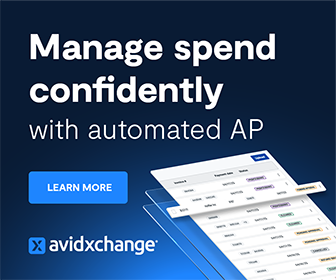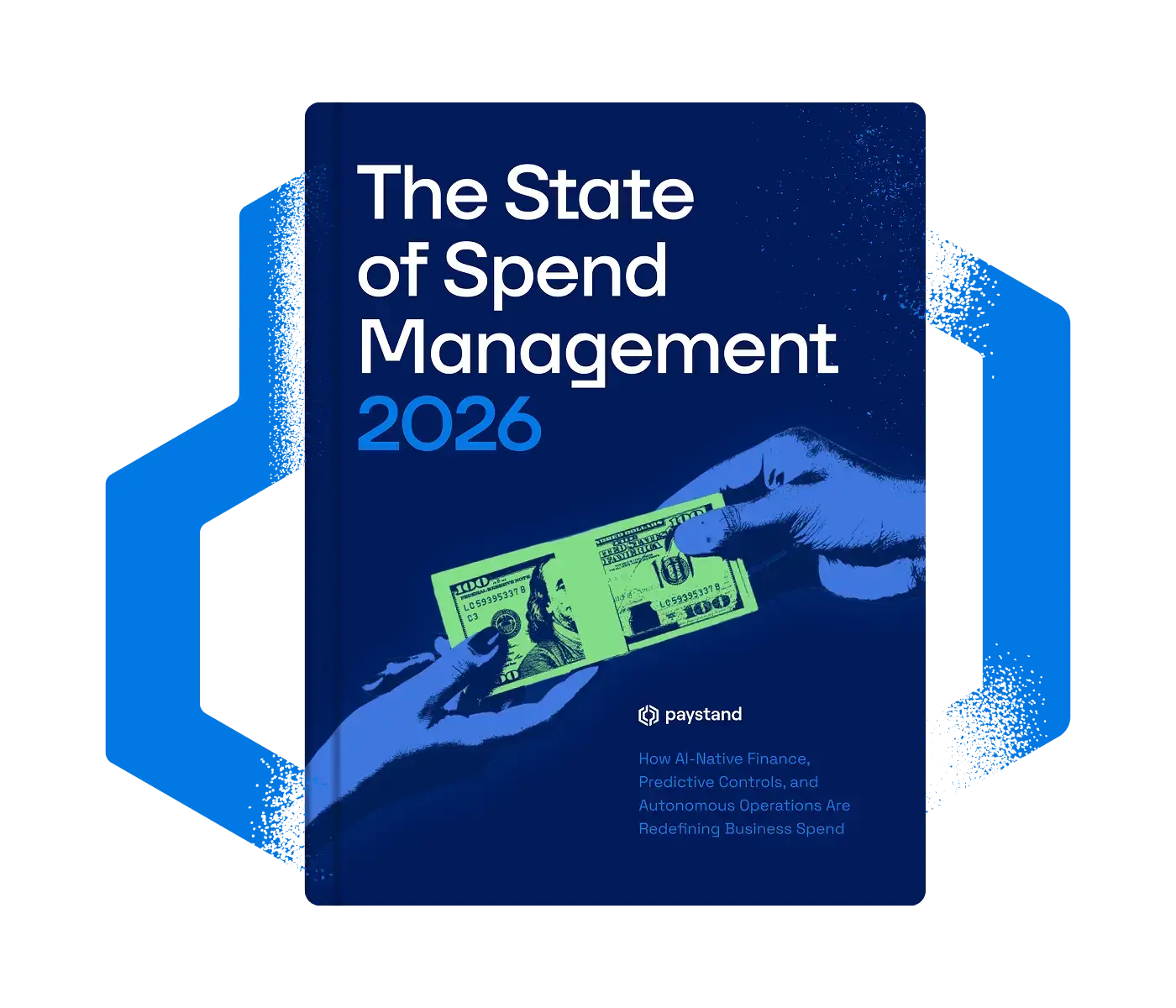For months now, the tech community has been abuzz about the capabilities of ChatGPT, an AI-powered tool that emulates human communication to an uncanny degree.
Marketing teams have been particularly excited about the program, which streamlines customer communications across multiple channels. But financial professionals can tap into ChatGPT in a different way.
ChatGPT can be used to create innovative AI chatbots to assist with a variety of tasks. How does it work? Here’s what you need to know about the future of the workplace.
What Is ChatGPT?
ChatGPT, the brainchild of artificial intelligence research lab OpenAI, is a program that relies on artificial intelligence (AI) and machine learning to scour the web for information.
The application integrates blog posts, news articles, and even academic journals to create comprehensive profiles of various topics. As a result, users get a surprisingly robust experience with multiple applications.
The most common use of ChatGPT in the financial sphere is to create AI-powered chatbots that offer unique insights for financial employees. These chatbots essentially serve as personal assistants, augmenting the experience and expertise of existing financial workers and providing a comprehensive workplace solution.
How Chatbots Can Assist with Finance Teams
Many companies use AI-powered chatbots on their website to interact with customers. However, finance teams in particular can rely on chatbots to assist with many important tasks.
Financial Analysis
Controllers and CFOs are accustomed to sifting through company data to evaluate company health. An AI chatbot can go one step further, literally performing financial analysis with the push of a button.
A chatbot can even use this data to provide forecasting and business models for the company’s future, allowing business leaders to make decisions based on the best available data.
Expense Management
Chatbots can also help manage expenses with astonishing accuracy.
As it stands, AI-powered tools can track trends in a company’s expenses, inventory, and more, which can be particularly helpful for identifying cyclical trends. A chatbot can then aid finance teams in providing feedback based on these trends, basically providing someone to bounce ideas off to plot a course moving forward.
Cash Flow Projections
Since the ChatGPT program is capable of analyzing and synthesizing broad economic trends, it also makes an ideal partner for cash flow projections.
By evaluating historic patterns in a company’s cash flow, as well as factors influencing the industry as a whole, a chatbot can provide a reliable estimate of what a company might expect from future revenue.
Regulatory Compliance
Companies often face a host of regulatory demands, many of which change rapidly. AI-powered tools can quickly master these changes and even screen your business documents to ensure that you comply with the latest protocols.
As such, a chatbot can serve as an in-house “expert” on industry and governmental regulations, allowing you to craft proposals and other plans that satisfy all requirements.
The Benefits of ChatGPT in the Financial Industry
Why would finance teams rely so heavily on a computer program? As it is, most financial professionals already use a suite of technological tools to improve their efficiency. Chatbots are just the latest tool, offering an array of crucial benefits.
Improving Efficiency
With a chatbot at your disposal, your core processes can run smoother than ever before. Financial reports that once took hours to compile can now be completed in mere minutes, saving time and money while improving the experience for financial workers.
Increasing Accuracy
Human error can slow down your routine processes and create costly problems that must be addressed down the line. An AI-powered chatbot eliminates the kinds of errors that often come with manual data entry and can provide reports and recommendations that are accurate and up-to-date.
Armed with these insights, company leadership can be confident that they’re making a well-informed decision.
Specialized Knowledge
The financial industry is becoming increasingly specialized. Sometimes, this may mean that individual financial workers possess in-depth knowledge in one area but lack expertise in another.
ChatGPT can survey news articles and even industry journals to deliver the highest caliber of knowledge. Machine learning empowers the chatbot to stay current with industry trends and best practices, ensuring that finance teams always have access to the most useful recommendations and solutions.
Niche Specialization
Today’s financial companies are adapting their services to various specialty areas. For example, some accounting firms are creating privacy solutions unique to the finance or healthcare industries.
ChatGPT can learn more about the nuances involved in such efforts, providing customized guidance to teams seeking to work in these areas.
A Blend of Man and Machine
None of these benefits should be taken as an indication that ChatGPT is poised to replace human leadership. Finance teams must still rely on the ingenuity, adaptability, and sensitivity of their flesh-and-blood employees to navigate crucial interactions, solve complex problems, and ensure continual growth.
In the right hands, however, tools like ChatGPT can supplement and enhance human expertise, which may soon make chatbots a mainstay of the American workplace.
Be sure to check out Part 2 of our AI for Finance Series for helpful guidance on implementing these tools in your organization.

Neil Brown is Executive Director of the Controllers Council, author and a professional association manager. Neil is CEO of the Chief Executives Council, COO of the Operations Council, VP Partnerships for IT Executives Council, and Chief Marketing Officer of Modern Marketing Partners. Neil started his career as a Brand Manager, then promoted to CMO. Brown has provided marketing services to leading Fortune 500 and start-ups, along with board and volunteer roles with non-profits. Neil is a frequent speaker, author and contributor to Advertising Age, Marketing News, Adweek magazine and many others. He is author of two books including “Breakthrough Branding: Brand Naming Tips & Trade Secrets”, and “Tools of the Trade: Modern Marketing for Construction Brands”. Brown earned an MBA from Northern Illinois University, and a BS-Marketing Cum Laude from Southern Illinois University.




